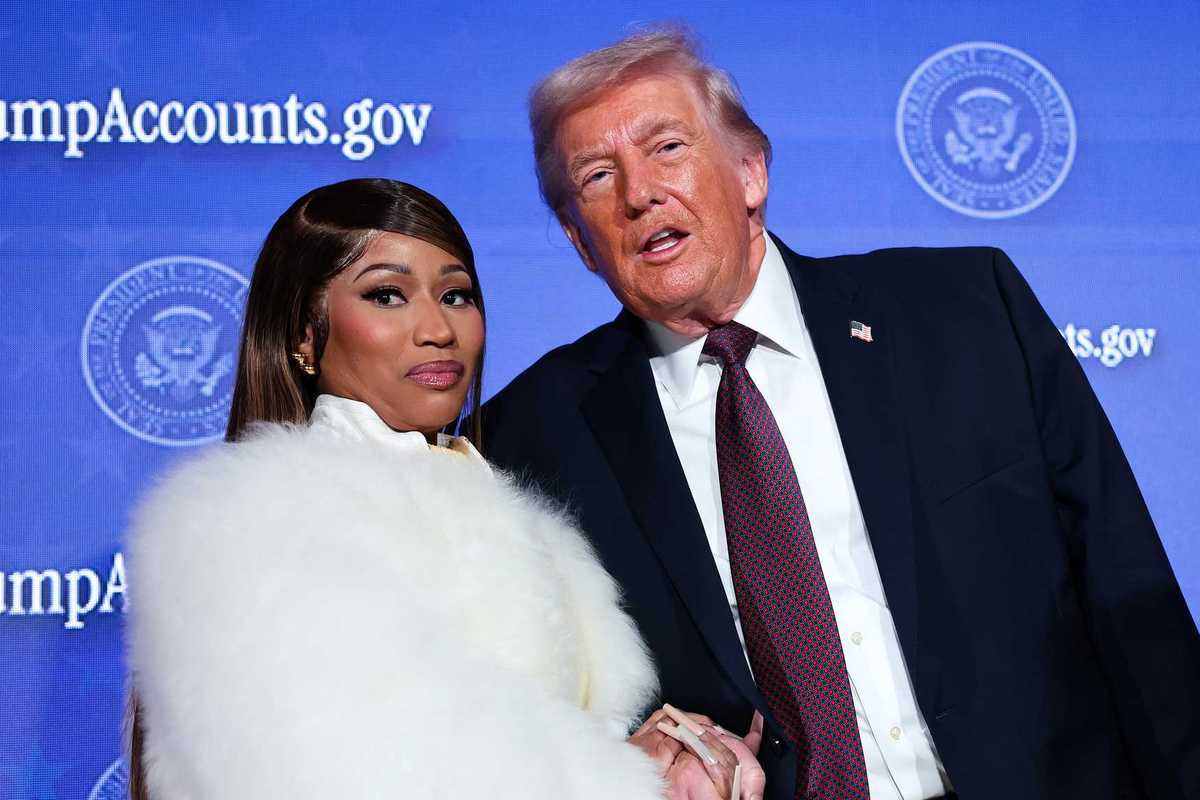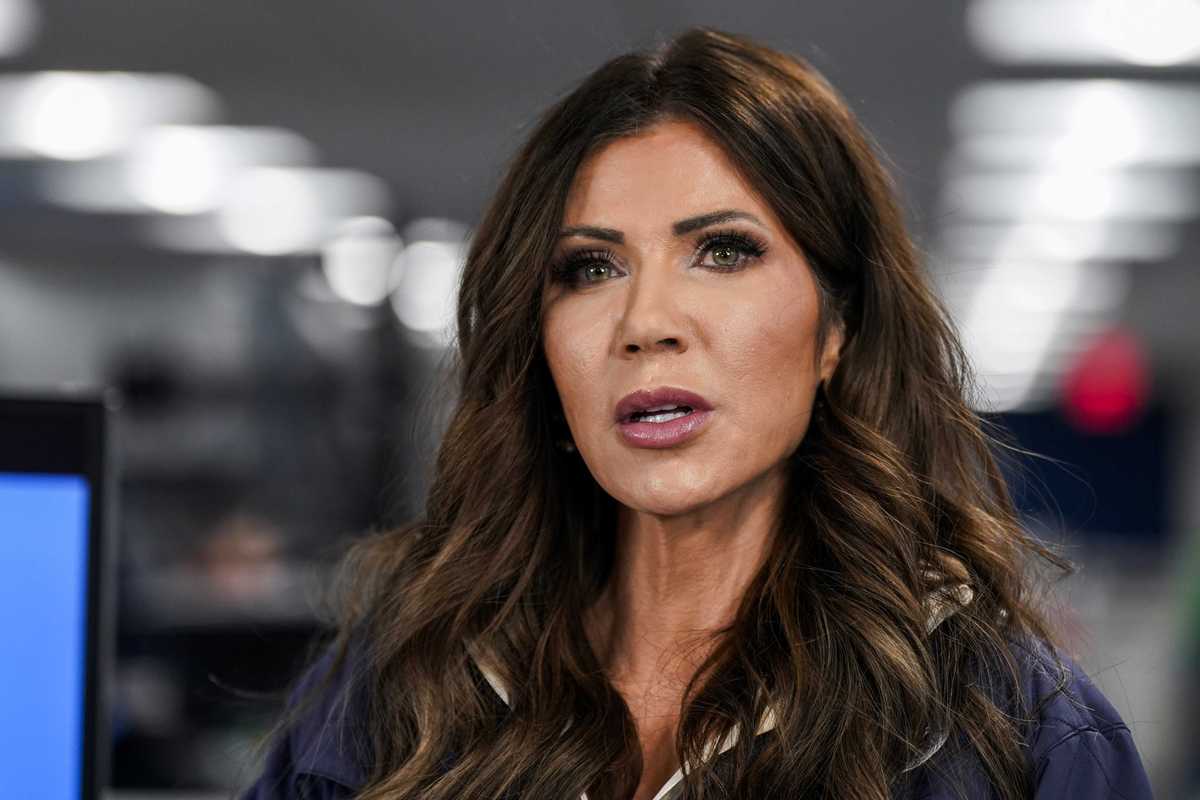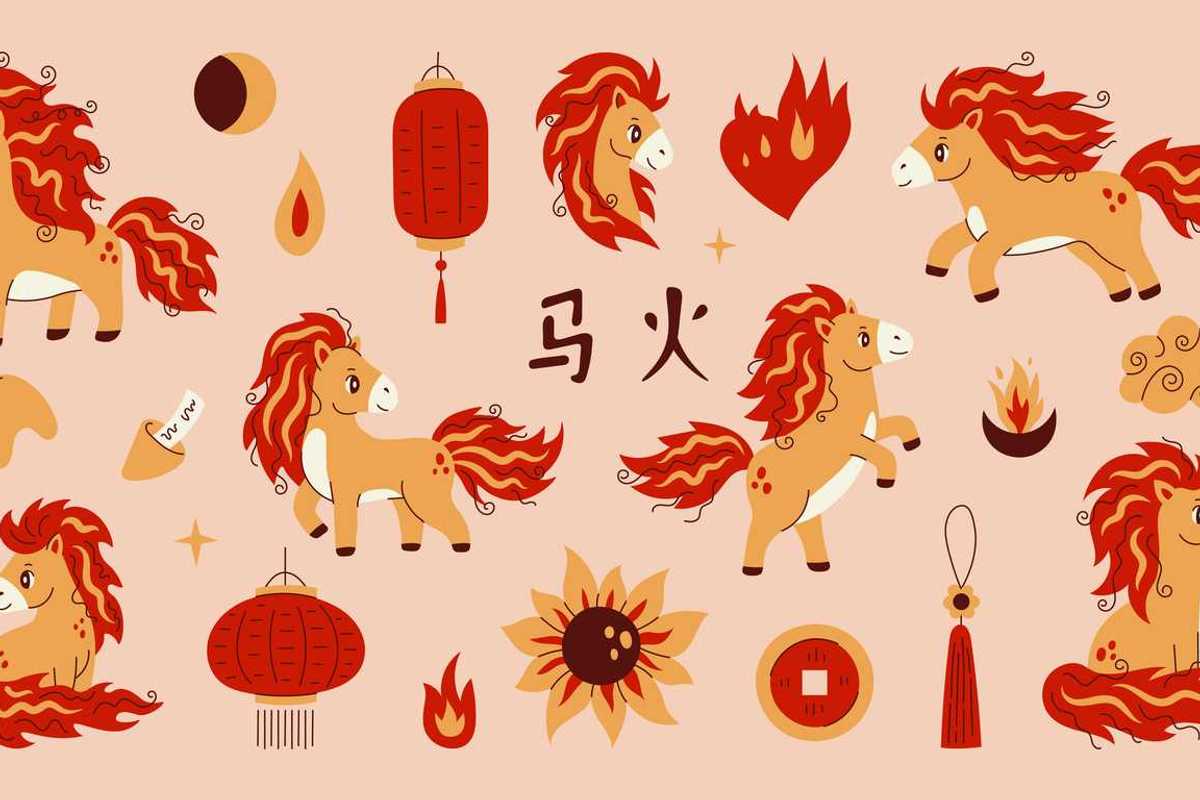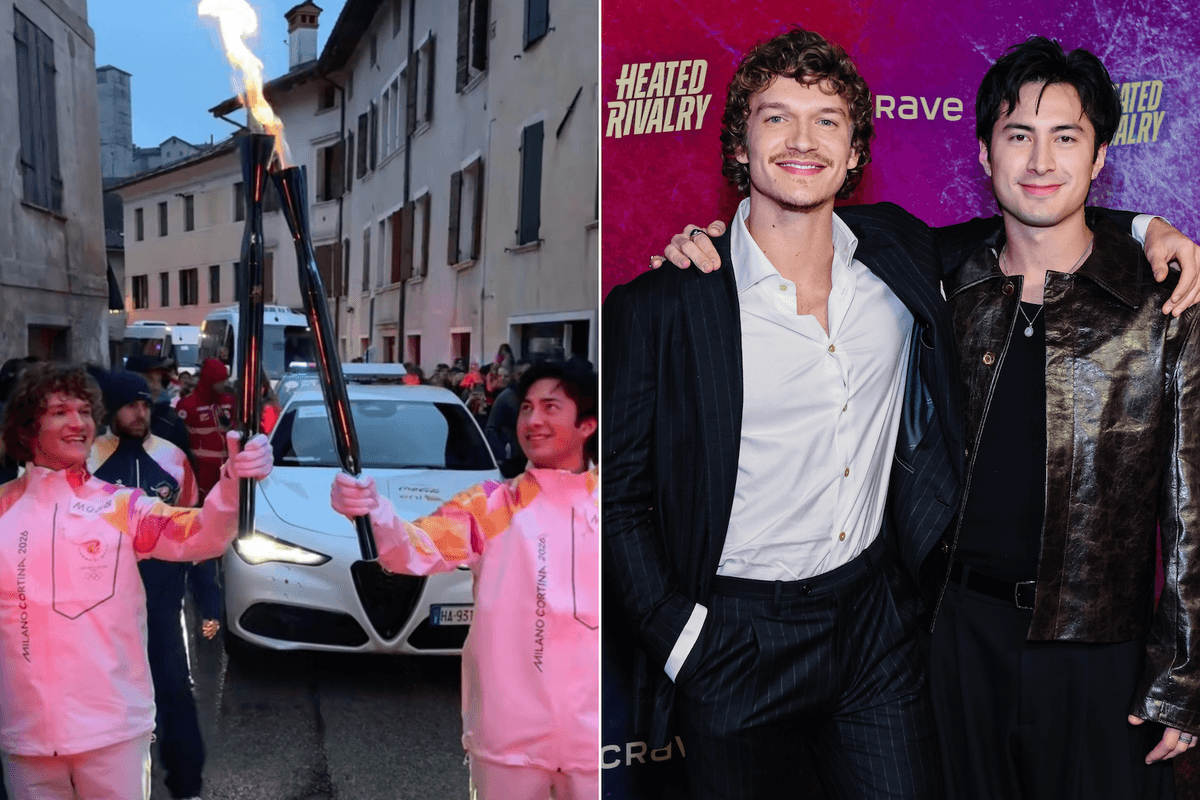Showbiz
Joanna Taylor
Feb 15, 2021
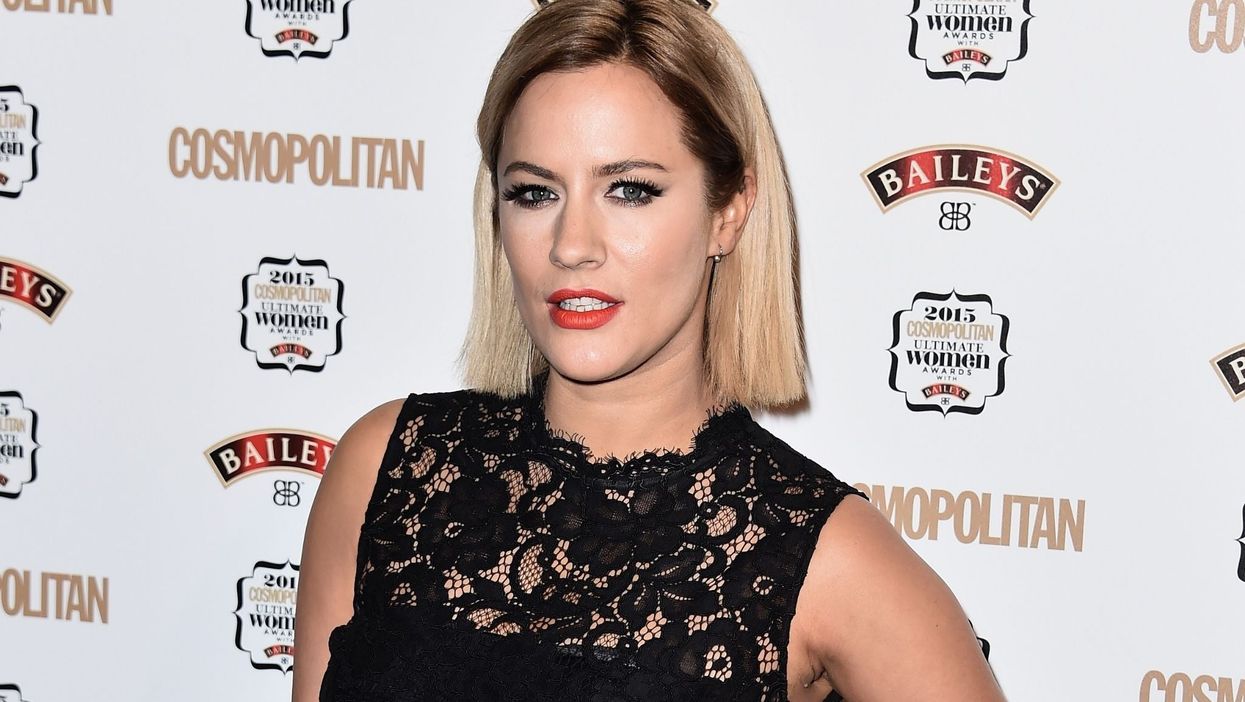
Gareth Cattermole/Getty Images
A year ago today, news broke that TV presenter Caroline Flack had taken her own life.
Flack’s death prompted an outpouring of shock and grief among her friends and fans on social media: the hashtag ‘#BeKind’ soon began trending in reference to one of the star’s last Instagram posts, a quote reading “in a world where you can be anything, be kind”.
Inevitably, people were prompted to reflect on the treatment of women in the spotlight by both the traditional media and social media.
Headlines, particularly those relating to her upcoming trial, were raked over, as were comments made about her on social media. In her penultimate Instagram post, Flack wrote:
“Been advised not to go on social media… but I wanted to say happy Christmas to everyone who has been so incredibly kind to me this year… this kind of scrutiny and speculation is a lot to take on for one person on their own… I’m a human being at the end of the day”.
Flack’s emphasis on kindness certainly meant that, in the year that followed, ‘Be Kind’ would be posted a handful of times in response to online bullying and harassment – particularly of high-profile women.
But, while it might have given some individuals pause for thought about their online activity, it ultimately proved ineffective against the tides of targeted vitriol social media makes possible.
Worse, it was appropriated by far-right activists, wealthy influences and others who sought to defend their actions. ‘#BeKind’ was posted in response to warranted criticism and scrutiny of high-profile figures as a means of silencing it.
Although such persistent issues as mistreatment of women and social media pile-ons haven’t suddenly been eradicated as we embark on the 2020s, people are, at least, taking notice of them.
The anniversary of Flack’s death has coincided with an online reassessment of our collective treatment of celebrities like Britney Spears and Lindsay Lohan in the nineties, noughties and beyond, prompted by the Framing Britney Spears documentary.
Both women have been subject to sexist and invasive interview questions, as evidenced by Lohan’s appearance on David Letterman and Spears’s CNN interview with Tucker Carlson.
Many more have faced similar treatment.
Spears, Lohan, Flack and others like Miley Cyrus, Amanda Bynes and Amy Winehouse have all led lives in which they couldn’t escape tabloid gossip and scrutiny of their personal lives, which only intensified when they showed signs of struggle.
And while social media offers a means to fight back against this kind of treatment, it has also helped to amplify the voices of people who continue to try to tear women down.
Taking notice of the fact that this is happening clearly isn’t enough. Paparazzi harassment, scrutiny and sexist treatment of young women in the spotlight were already well-worn subjects in 2007 when Spears was infamously photographed shaving her head after checking out of a rehab facility, let alone at the time of Flack’s death in 2020.
Even in the past year, Meghan Markle’s every move has been zealously commented on since her break from the royal family, while Billie Eilish, who rose to fame as a teenager, has had her body casually discussed by adults on social media.
Shortly before this, former Little Mix star Jesy Nelson revealed the extent to which she was bullied online because of her appearance in a BBC documentary.
Such harassment is only intensified for BAME and LGBTQ+ women with a public platform. Just yesterday, trans model Munroe Bergdorf deleted her Twitter account because of the “abuse that I am exposed to and have to put up with on a daily basis”.
It is time to start putting into practice the lessons we have been forced to learn over and over again. Otherwise it’s just another empty hashtag.
Top 100
The Conversation (0)
